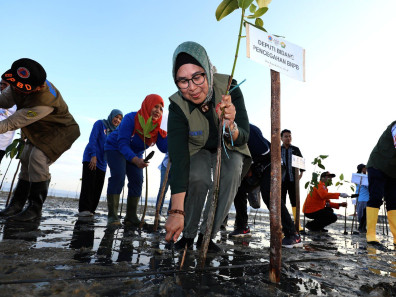
Bali, 14 October 2023 – Seagrass bed is a lush expanse of green underwater vegetation that thrives in clean and shallow waters at depths of 0 to 10 meters. These plants flourish in calm currents at approximately 0.5 meters per second. Indonesian waters, particularly along the east and west coasts...
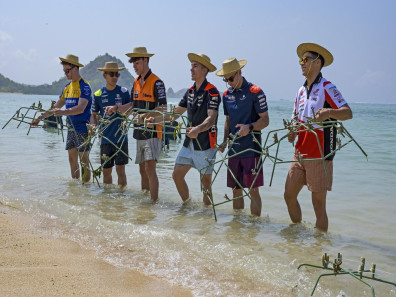
Bali, 14 October 2023 – In 2020, Trevor Nace wrote an article in Forbes. He said scientists had predicted that almost 90 percent of the Earth’s coral reefs would disappear due to the rising sea temperature, high acidity of seawater, pollution, and human civilization.Coral reefs are part of the...

Badung, 13 October 2023 – Once again, Indonesia has successfully hosted a High-Level Meeting. The most recent one was held on 10 – 11 October 2023, the 2023 High-Level Meeting (HLM) of the Archipelagic and Island States (AIS) Forum in Nusa Dua, Bali Province.As with any conference, the success...
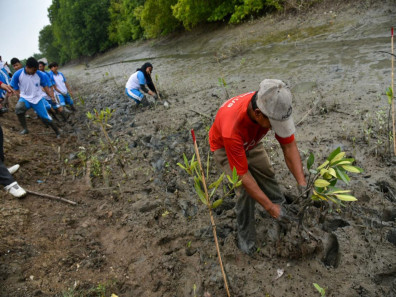
Badung, 13 October 2023 – It was still fresh in people’s minds when Indonesian President Joko “Jokowi” Widodo and several heads of state/government attending the G20 Summit in Nusa Dua, Bali visited Grand Forest Park (Tahura) I Gusti Ngurah Rai, Denpasar on 16 November 2022. Wearing a white...
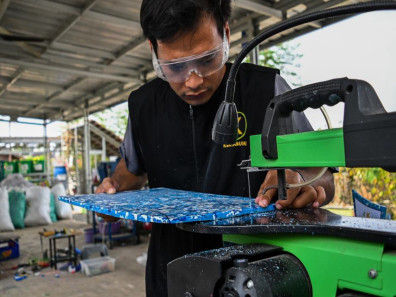
Bali, 12 October 2023 – The blue economy program of Bulan Cinta Laut (Ocean Love Month) (BCL) is one of the strategies presented by Indonesia at the 2023 High-Level Meeting (HLM) of the Archipelagic and Island States (AIS) Forum in Bali on October 9 – 11, to serve as a good model in addressing...

Badung, 12 October 2023 – The 2023 High-Level Meeting (HLM) of the Archipelagic and Island States (AIS) Forum agreed on several key points. The participating countries agree to enhance collaboration to address common challenges, including mitigation and adaptation of climate change and disaster...
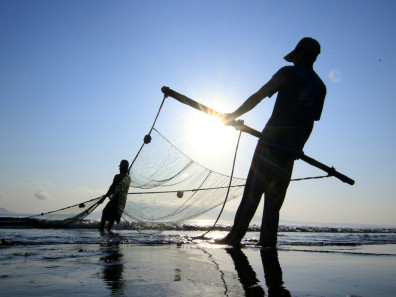
Badung, 12 October 2023 – The 2023 HLM of the Archipelagic and Island States (AIS) Forum, in partnership with James Cook University (JCU) Singapore and Sam Ratulangi University (Unsrat) Manado, developed a technology that would benefit small-scale fishers and sustainable fish supply management....

Bali, 11 October 2023 – The 2023 High-Level Meeting (HLM) of the Archipelagic and Island States (AIS) Forum has agreed upon the Leaders’ Declaration on the Solidarity of the Archipelagic and Island States. This declaration signifies the commitment of archipelagic and island states to strengthen...